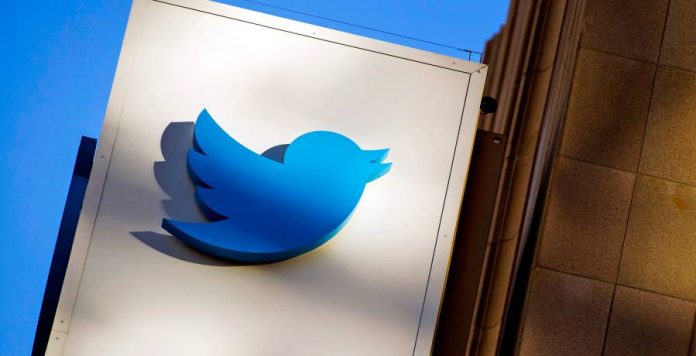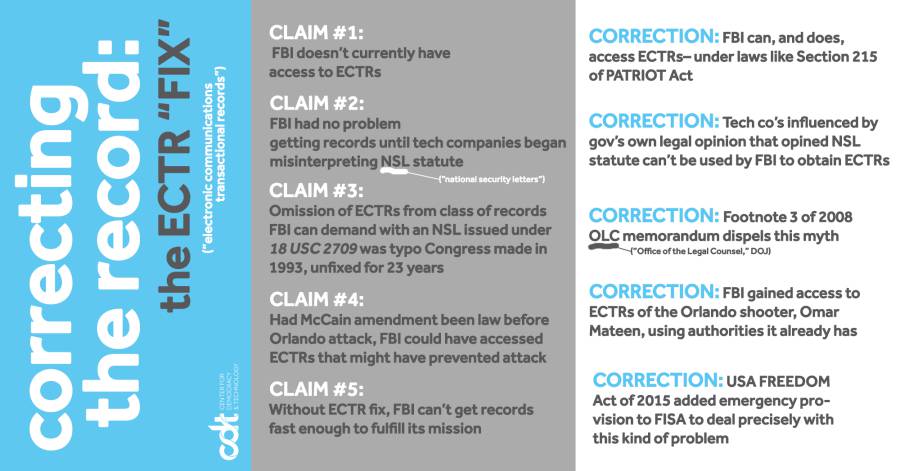
On January 27, 2017, Twitter published two NSLs issued by the FBI in 2014 and 2015 that were not completely legal. The Bureau did not have a warrant to request personal information from users, and Twitter says there is more data the government is censoring.
The social media company has been engaged in a legal battle with the government of the United States since 2014. The organization claims the state limits the amount of data it can show on the annual transparency report.
Transparency reports reflect how often governmental and private groups make requests to companies like Facebook, Twitter, Google, among many others. The requisitions vary from personal information to the takedown of content that is protected by copyright.
What is an NSL?
A national security letter is an administrative document used by the federal government to gather information for national security purposes. They are different from individual requests from companies and citizens.
Private businesses and citizens can ask Google or Twitter, for example, to take down specific content from the web due to copyright infringement, hate speech, personal security, etc. There are well-established parameters for this.
However, NSLs are another story. Right now, any federal agency needs to convince a court the user personal information is necessary for it to get a warrant and ask for it. However, Senator John McCain and John Corrnyn proposed an amendment last week that can change things.
If the proposal passes, agencies like the FBI will no longer need permission to demand any information. It would make investigations more efficient, but it would also limit the already dim online privacy the Americans enjoy.

Why did Twitter wait so much to expose the FBI’s wrongdoing?
Twitter did not disclose the NSLs sooner because of two separate gag orders. Also known as a non-disclosure provision, it forbids companies from publishing the information on a document, and they are necessary.
If the FBI asks Twitter for user information as part of an investigation, the whole process could fall apart if the company makes it public. It could tip off the suspects and hinder the Bureau efforts.
However, the FBI forced Twitter to give them user data without a warrant and added a non-disclosure provision so the company could not expose what was happening.
Twitter says the government is violating the USA Freedom Act of 2014
In 2014, Twitter revealed. Federal guidelines were limiting the company’s transparency report in violation of the Freedom Act of 2014. The social media company gave the DOJ the full document, so they indicate what Twitter could publish specifically. After waiting for months, the organization decided to take the matter to the U.S. District Court of Northern California.
Twitter claims the laws don’t let them show the full scope of the NSLs and FISAs to its users. Apparently, the government prohibits private companies from publishing exact numbers on transparency reports, so what the users get to see is actually approximate data.
It is unclear why Twitter makes so much emphasis on the matter. The company wants to disclose how many NSls they get with exact numbers, even if that number is zero. The next hearing for the Twitter vs Lynch case is on February 14.
Source: Twitter










